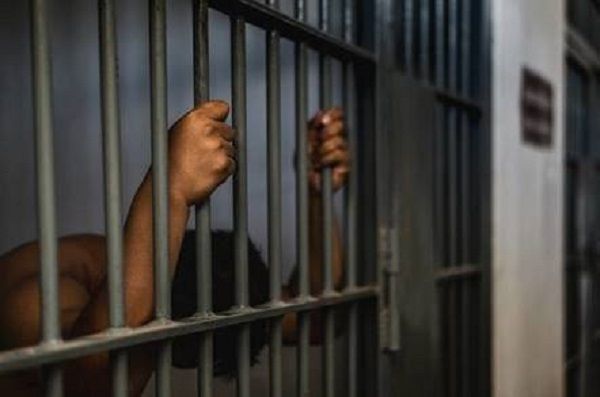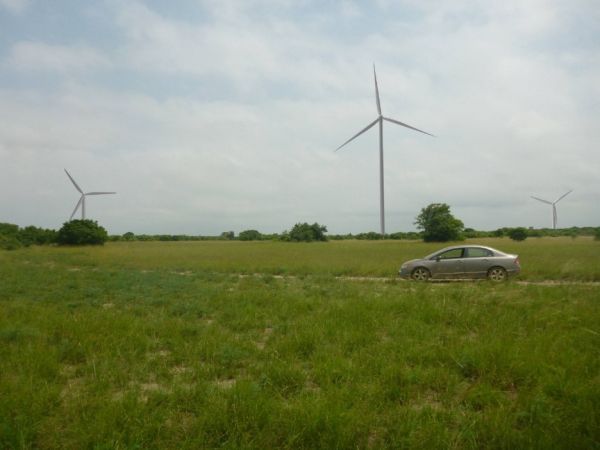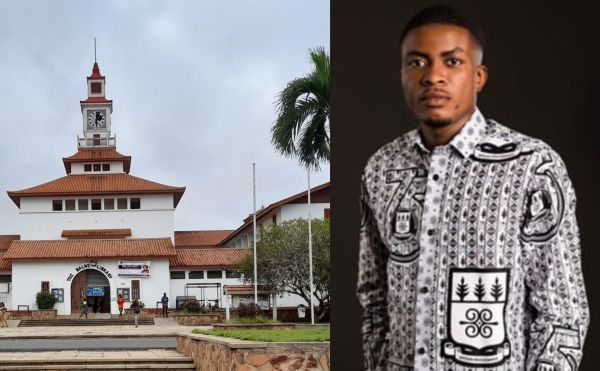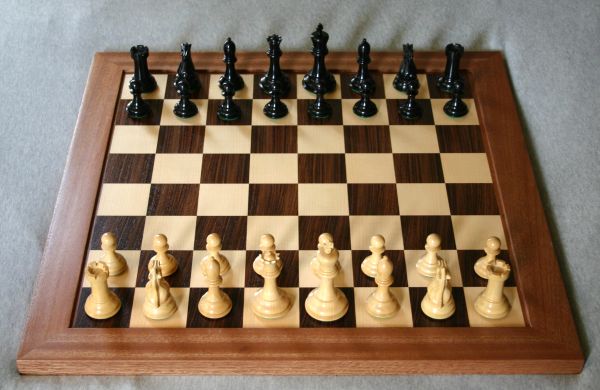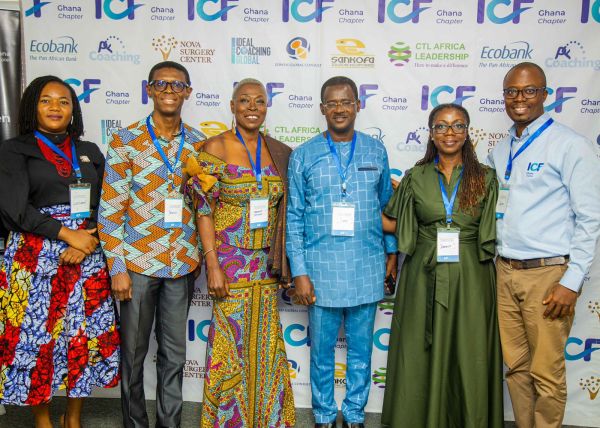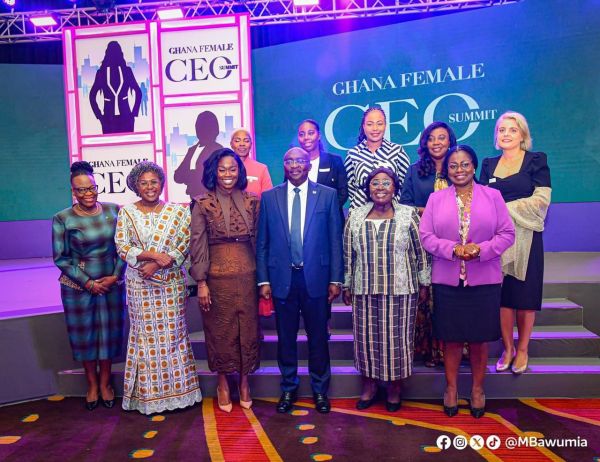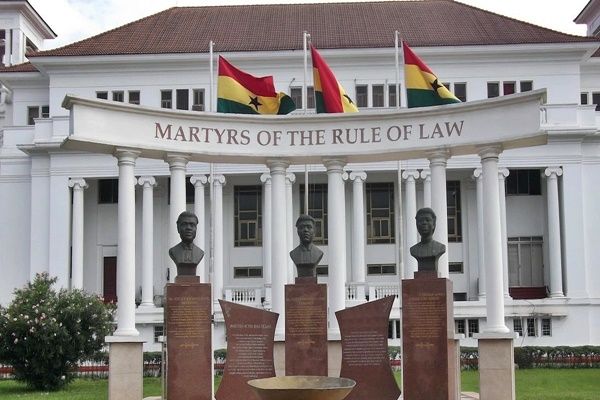
The Supreme Court has barred the Numo Nmashie Family of Teshie, from holding themselves out as owners of 70 villages which occupied over 72,000 acres which has been in dispute for over 40 years.
In a ruling dated March 22, 2023, a five-member panel of the apex court presided over by Justice Jones Victor Mawulorm Dotse, held that the Numo Nmashie Family of Teshie could not claim ownership of the land because a Court of Appeal’s decision in 1982 which declared them owners of the piece of land was based on fraudulent information presented to the court.
According to the court, the Numo Nmashie Family of Teshie misled the Court of Appeal to declare that the 72,000 acres belonged to them although they were only entitled to compensation from a 25.03 acres of land close to the 72,000 acres in dispute.
The 25.03 acres was procured by the National Liberation Council (NLC) government in October 1966 through an Executive Instrument (E.I. 163) for the establishment of Ghana Broadcasting Corporation (GBC).
The Supreme Court, which had Justices Issifu Omoro Tanko Amadu, Nene Abayateye Ofoe Amegatcher, Avril Lovelace-Johnson and Emmanuel Yonny Kulendi as members, affirmed a High Court order which directed the Lands Commission to delete the names of the Numo Nmashie Family of Teshie, as owners of the 72,000 acre land in dispute since all the 70 lands and disputes did not belong to them.
However, according to the court, all persons who had bought land in areas which had been declared as no longer belonging to the Numo Nmashie Family of Teshie, were to deal with the relevant stool or family.
The judgment, which was delivered in favour of Boi stool and 13 others, brought finality to the legal tussle which started over 40 years ago against the Numo Nmashie Family and two others.
1982 Appeal
After the government procured the 25.031 acre land on the Adjancote Hill in 1966 through the Executive Instrument (E.I. 163), a State Lands Tribunal declared the Chief of Brekusu, Nana Adu Mireku Agyemang III, as being entitled to compensation against the Numo Nmashie Family and the Dowuona family of Osu.
Dissatisfied with the decision of the Tribunal, the Numo Nmashie Family, challenged the decision at the Court of Appeal in December 1982.
The decision of the Tribunal was overturned by the Court of Appeal and declared the Numo Nmashie Family as the rightful family entitled to compensation.
The decision of the court was based on a survey done by a surveyor who told the court that the villages within the disputed area was occupied by members of the Numo Nmashie Family and that some villages had been established there .
The Numo Nmashie Family has since claimed to be owners of 70 villages comprising over 72,000 acres.
1999 suit
Following the Appeal, the Mantse of Boi, Nii Narh Dowuona II, sued two grantees of the Numo Nmashie Family, and the family itself, claiming 87.68 acres which had been alienated to the grantees.
The Mantse of Boi’s suit was dismissed on grounds that the Numo Nmashie Family owned the over 87 acres of land.
The decision was based on the 1982 Appeal.
An Appeal against Mantse of Boi’s suit which was dismissed was thrown out at the Court of Appeal in November 2004 and a further appeal at the Supreme Court was dismissed in June 2006.
Asserting ownership
Following the judgment in 2006, the Numo Nmashie Family started proclaiming to be owners of the 20 villages and caused the Executive Secretary of the Lands Commission to publish in the Daily Graphic to plot the judgment plan in respect of the 70 families.
The families include La-Bawaleshie, Madina, Mpehuasem, Peduase, Abokobi among others.
The Numo Nmashie Family again, procured an order from the High Court to into possession and demolition???.
High Court judgment
But that resulted in resistance, leading to another legal tussle at the High Court.
The Boi stool argued that Numo Nmashie Family fraudulently procured the 1982 judgment, urging the court to set the judgment aside.
In a judgment dated March 8, 2011, the High Court, ruled in favour of the Boi stool and 13 others and upheld that the Numo Nmashie Family fraudulently procured the judgment.
That was because, witnesses from villages captured as being part of the 70 villages the Numo Nmashie Family had claimed ownership of, had told the court they were not under the Numo Nmashie Family, a testimony that weakened the Numo Nmashie Family.
2011 Appeal
The Numo Nmashie Family appealed the March 2011 judgment at the Court of Appeal.
The Court of Appeal reversed the March 2011 High Court judgment on grounds that the Boi stool and the 13 others had failed to establish evidence to support the claim of fraud and said it was bound by the decision of the 1982 judgment.
This judgment was subsequently set aside by the Supreme Court in an appeal filed by the Boi stool and the 13 others against the Numo Nmashie Family and two others.



